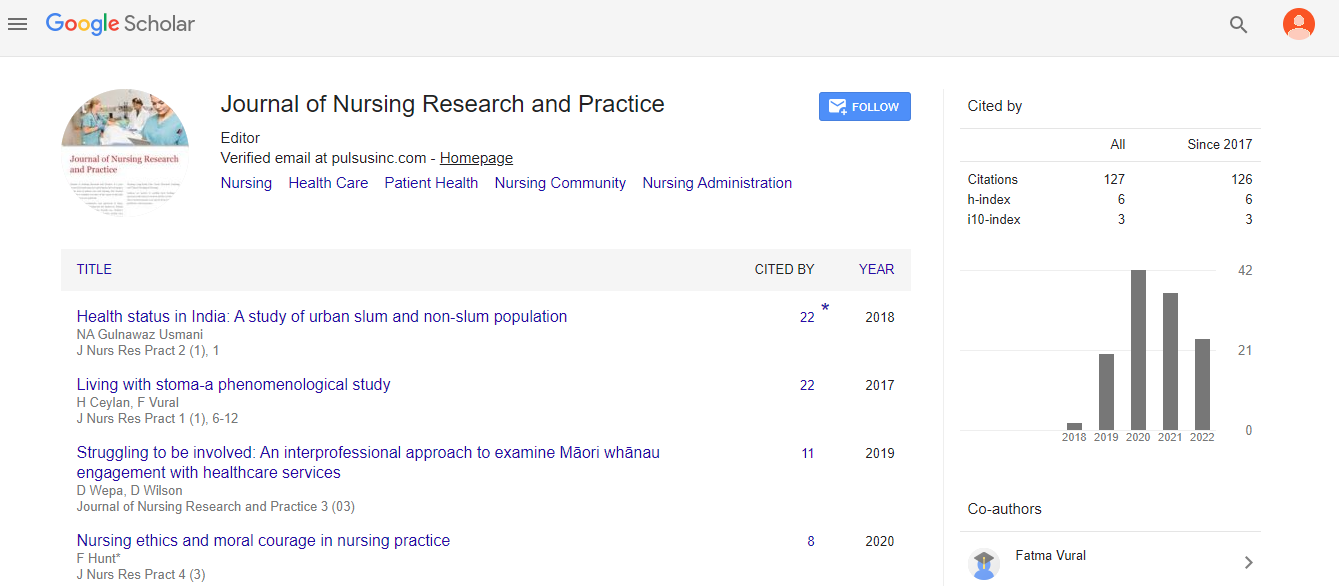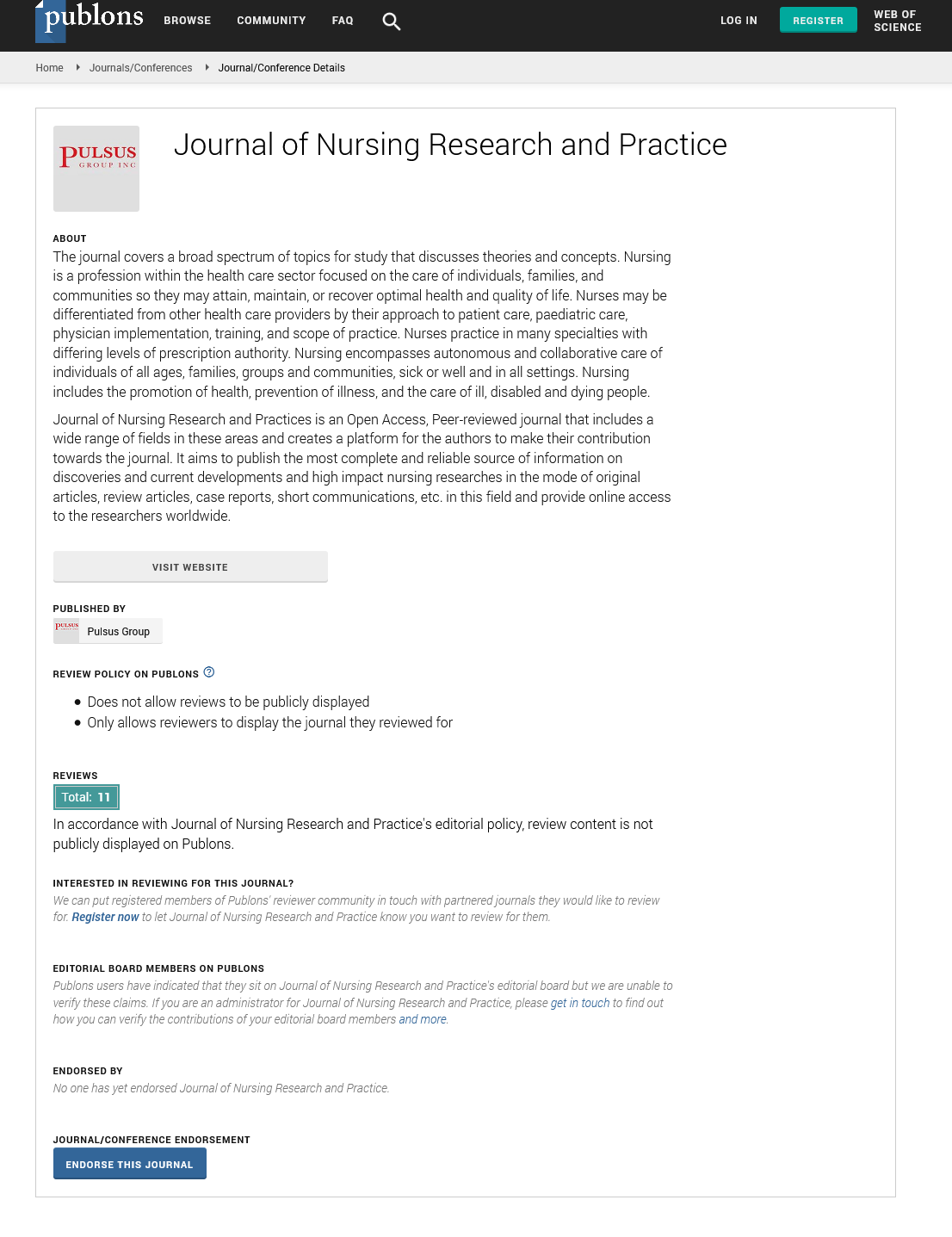
Sign up for email alert when new content gets added: Sign up
How to Rebuild a Healthy Nursing Workforce?
3rd Global Experts Meet on Health Care and Nursing
November 25, 2021 | Webinar
Kym Ali
NSI Nursing Solutions. United States
Posters & Accepted Abstracts: J Nurs Res Pract
Abstract :
Burnout is not a new phenomenon in nursing. Now, the Covid-19 pandemic has catapulted nurse burnout to the level of PTSD. Nurses are morally injured, struggling with compassion fatigue, and exhausted from short staffing. They feel betrayed by the healthcare system and need guidance and support at this critical time. A holistic wellness-focused plan outlined in this presentation will enable organizations to overcome the risk of losing the lifeblood of their facilities – their nurses. The Adverse Childhood Experiences (ACE) Study results are eye-opening. Individuals who experience more than four traumatic events in their life are 2.4 times as likely to experience ongoing anxiety, 3.6 times as likely to be depressed, 7.2 times as likely to become alcoholic, and 11.1 times as likely to become intravenous drug users. Trauma also has an impact on job performance and attendance. These numbers present a horrifying reality if we ignore the trauma sustained from the pandemic, the remaining nurses will be incapable of providing safe, quality patient care. According to a 2021 survey by McKinsey, 22 percent of nurses who provide direct patient care plan to leave their role within the following year. The addition of new graduate nurse turnover rates and early retirement of baby boomers will result in disastrous consequences.To avoid the collapse of the healthcare system, we need to incorporate holistic wellness programs to initiate and foster a culture of healthy and resilient nurses. Given the current situation, this may seem impossible, but small interventions can yield significant changes. The first step is to create an organizational culture of self-care. Nurses are notorious for putting their needs last while providing care for everyone else first. Nurses need to practice self-help strategies to regain their strength from burnout before they can serve others. Otherwise, they jeopardize patient safety and their own health. This presentation focuses on the consequences of trauma from the pandemic on nurses' well-being and performance. The process outlined creates a tailored holistic wellness program for healthcare organizations and strategies to improve resilience. 1. Data collection of an organization's qualitative and quantitative current resources. 2. Data analysis to identify a program based on identified employee needs. 3. Development of individualized holistic wellness programs to address employees' mental, emotional, and physical needs. 4. Implementation of wellness program via workshops, prerecorded modules, and live questions and answers sessions. 5. Quarterly re-evaluations to examine qualitative and quantitative data.
Biography :
Kym Ali is a Registered Nurse with 16 years’ experience in leadership and education. She supports nurse leaders with retention and engagement by building healthy, resilient, and inclusive teams, enabling nurses to show up as their best selves and provide safe, quality, and culturally competent patient care. Kym has saved facilities over $500,000 to date. Kym is also a content creator for HealthStream’s self-care and wellness app for nurses. Within a short amount of time, Kym's work has been featured on NBC, FOX, CBS, The National Student Nurses Association, the Nurse Leader Network, and other digital platforms.





